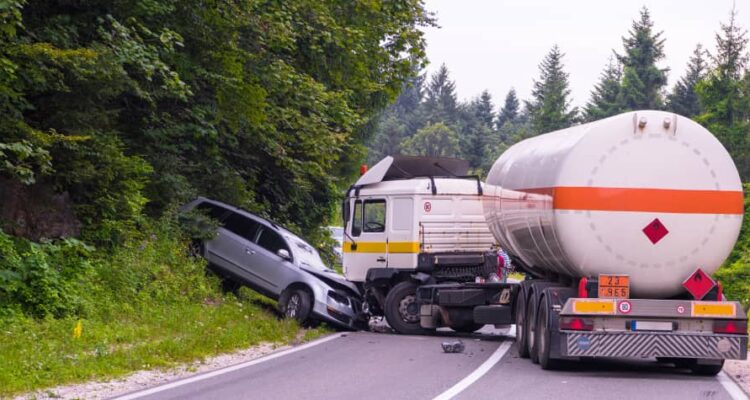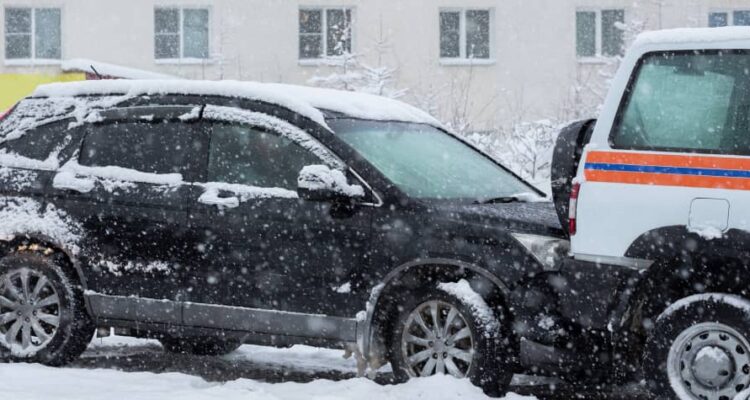Airbnb is a service created to match property owners with guests interested in short-term accommodations. While most Airbnb hosts and guests share positive experiences, some Airbnb stays have resulted in significant injuries on the property. If you were injured while staying at a Colorado Airbnb, you may be entitled to compensation depending on liability.
Injured in a Colorado Airbnb Accident
According to Colorado Premises Liability laws, property owners have a duty to ensure the premises are safe for visitors. When a homeowner uses part or their entire home as a business, such as for a Colorado Airbnb, the duty of care is applicable as to safety on their property. Accordingly, Colorado homeowners have a duty to maintain reasonably safe conditions in their rental homes and/or warn guests about any dangers.
Unfortunately, homeowners do not always comply with their duties and, as a result, guests can be injured in a Colorado Airbnb. Some common examples of Colorado Airbnb injuries include:
- Falls from broken stairs
- Falls from stairs with no handrails
- Falls on unlevel floors and sudden drops
- Structural collapses
- Torn carpeting or other hazards that cause a fall
- Exposure to toxic mold (or other hazardous substances
- Burn injuries
For a guest to prevail on a claim against a Colorado Airbnb host, they must prove the homeowner knew or should have known about a dangerous condition but failed to protect against it. Actual notice is that which was positively provided to the homeowner or presumed to have been provided because the evidence is sufficient to put the homeowner on notice. Constructive notice, on the other hand, triggers when a dangerous condition existed for a long enough period that the homeowner should have discovered it upon reasonable inspection. There is generally no duty to warn guests of readily observable dangers. However, a Colorado Airbnb host must adequately warn and protect guests from dangers not easily discoverable.
Pursuing a Personal Injury Claim for a Colorado Airbnb Accident
First and foremost, immediately following a Colorado Airbnb accident, you should identify whether you are injured. If you did suffer injuries during your stay, your initial call should not be to an attorney. You should call for emergency medical help. This is instrumental to your claim so it is important not to wait too long to seek medical help. The longer you wait, the more severe your injuries can become.
After seeking medical treatment, you should call a personal injury lawyer who takes on Colorado Airbnb Accident cases. A personal injury lawyer will help you navigate the complexities of personal injury cases. Unfortunately, many Airbnb hosts do not carry commercial insurance coverage and traditional homeowner’s insurance policies exclude coverage when a home is being used for commercial business purposes, such as running an Airbnb. That said, a Colorado Airbnb host can easily obtain insurance to cover their home by purchasing a “rider” to the existing homeowner’s policy. This allows the Airbnb host to use the property for commercial purposes. In addition, a growing number of carriers that specialize in homeowner’s policies for Airbnb rentals. Unfortunately, not all Airbnb hosts are aware of the requirement to purchase additional coverage or a rider policy until it is too late.
Airbnb started offering Host Protection Insurance (“HPI”) to address the lack of insurance at some host properties. The HPI provides primary liability coverage for up to $1 million per occurrence for claims involving bodily injury. The HPI is automatically applied to every approved listing and should cover the list of possible injuries above.
Contact a Personal Injury Lawyer to Discuss a Colorado Airbnb Accident
If you or a loved one was injured in a Colorado Airbnb Accident, contact the personal injury lawyers at Bowman Law to discuss your rights.
Jerry Bowman
Owner and Managing Attorney
Jerry Bowman, J.D., M.A., Owner and managing attorney of Bowman Law LLC, takes his responsibility to the legal profession seriously and dedicates his time and effort to providing quality and competent legal representation to clients in Denver and throughout all of Colorado. He holds an MA in Political Science from Wayne State University and earned his law degree in two and a half years from Michigan State University College of Law.




 Return to All News & Resources
Return to All News & Resources


